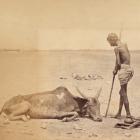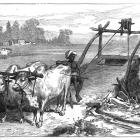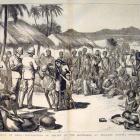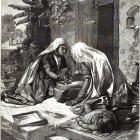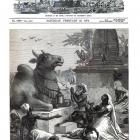Earth First! Journal 19, no. 2
In this issue of Earth First! Journal Lacey Phillabaum tells the story of when the Two Elk Lodge (Vail Ski Resort, Colorado) was burnt down for the sake of preserving ancient forests. Moreover, Pori Kwa Milele reports from the actions against illegal development in Nairobi’s Karura Forests, and Ben White discusses the Makah whale hunt.






